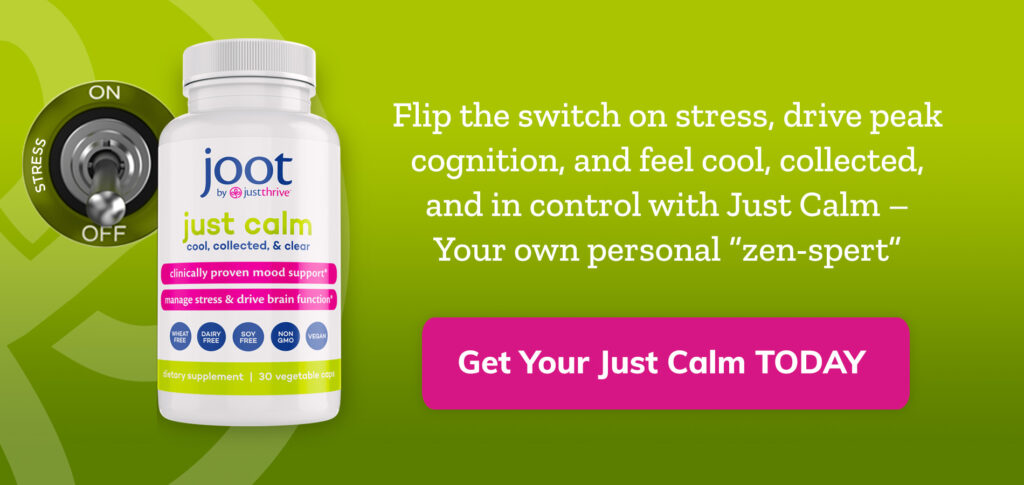Table of Contents[Hide][Show]
1. Get Enough Sleep
Poor sleep quality has been shown to be associated with chronic diseases such as stroke and cancer. It’s also linked to lower levels of psychological well-being.
So sleep doesn’t only affect your physical health but your mental health as well. That’s why it’s so important to get enough sleep, but what is “enough sleep“?
The National Sleep Foundation recommends seven to nine hours of sleep for adults between 18–64 years old and seven to eight hours of sleep for adults over 64 years old. Here are a few ways you can improve the quality of your sleep:
- Establish a sleep routine. Go to sleep and wake up at roughly the same time each day.
- Limit screen time during bedtime. Avoid taking your smartphones, tablets, or computers to bed with you. The blue light emitted by these gadgets can overstimulate you and keep you up.
- Have a caffeine cut-off. Enjoy your cup of joe while the sun is still up. Avoid drinking coffee late in the afternoon or evening.
- Limit long naps during the day. Sleeping for more than 30 minutes during the day can confuse your internal clock and make it more difficult to fall asleep at night.
Don’t underestimate the power of a good night’s rest. Try these sleep tips and catch all the Z’s you need.
Related
12 Caffeine Alternatives for a Natural Energy Boost
Increase your energy levels throughout the day with these caffeine alternatives. As an added bonus to drinking less caffeine, these substitutes have plenty of added health benefits that might make you think twice next time you reach for another cup of Joe!
2. Move More and Exercise Regularly
Exercise is an essential component of health. So much so that the lack of physical activity has been linked to various physical and mental health problems.
Don’t worry, though, you don’t need to be a sports buff or an athlete to exercise regularly.
You can start slow and work your way towards a realistic routine. Here are a few exercise hacks you can start with:
- Set four to five alarms throughout the day to remind you to get up and walk around for a bit.
- Get off the elevator before you reach your floor and walk the rest of the way. You can add more flights of stairs as you build your stamina.
- Opt for a farther parking space and enjoying the walk.
- Skip the email or instant message. Instead, visit your co-worker and engage in face-to-face conversations.
Apart from incorporating more movement throughout your day, you can also start with a simple 15-minute exercise routine. You can even try taking up a sport to help keep you moving.
3. Listen to Music
Listening to music is an easy way to enhance your physical and mental health. It can help regulate your mood, enhance your well-being, and offer some pain relief.
It’s important to listen to the right kind of music like peaceful music. Listening to peaceful music is a great way to help induce a calm and relaxing mood.
It can also help you recover more quickly from stressful situations, so update your playlist and add these peaceful tracks.
It’s an inexpensive and risk-free way to enhance your body, mind, and spirit.
4. Keep Learning
Learning new things is a great way to protect your mind, body, and spirit. When you learn new things, you keep your mind sharp.
It keeps you engaged and gives you something to look forward to. Neurologically speaking, engaging in new activities allows the brain to build connections between neurons.
These new connections help replace the ones you lose over time. Learning new things also triggers the release of dopamine.
Here are a few things you can do to keep your mind active:
- enroll in an online class
- attend workshops
- read a new book
- watch a documentary
- visit a new place
Keep your mind, body, and spirit healthy by exploring something new and something that will challenge the brain.
5. Make Gratitude a Habit
Gratitude is a wonderful cognitive exercise because it requires regular reflection and evaluation. It gives you the opportunity to identify aspects of your life, which merit thankfulness and appreciation.
People who are more grateful generally experience more positive moods and have higher levels of well-being. On top of that, the positive emotions gained from exercising gratitude can help lower blood pressure and slow down your heart rate.
Here are a few ways you can inject more gratitude in your life:
- Start a gratitude journal. List three to five specific things you’re grateful for each day.
- Write gratitude letters. Think of someone who’s made your life better, and write them a letter to express your gratitude.
- Write your own eulogy. Imagine and write down what you think a loved one would say about your life if you died. Contemplating about death can help enhance gratitude.
Enhancing your mind, body, and spirit doesn’t have to be complicated. It can be as simple as being grateful.
6. Engage with Your Community
It’s important to stay connected with your community to keep your mind, body, and spirit healthy. When you’re connected with others, you gain an invaluable source of support.
Being part of a community also gives you the opportunity to exercise your skills and learn new things. If you’re looking for more ways to participate in your local community, you may want to try volunteering.
People who regularly volunteer usually have better physical and mental health. Specifically, volunteering is linked to better self-esteem, higher life satisfaction, lower depressive symptoms, and lower risk of mortality.
Find a cause you’re passionate about in your local community and get connected. When you help others by volunteering, you’re also helping yourself.
Final Thoughts
More experts are embracing a more holistic perspective on health. It’s no longer limited to physical functioning, but it encompasses mental health and psychological well-being, too.
To truly be healthy, you need to make sure your mind, body, and spirit are in good shape altogether. Hopefully, with these tips, you can take steps toward a healthier and more balanced life.
You May Also Like…





